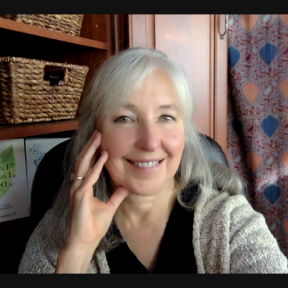Asking Great Questions: What is Instinctive Elaboration?
This morning, I was deeply immersed in a project, fully focused on the task at hand. You know the feeling—completely engrossed, blocking out everything else. As I meticulously worked through a spreadsheet, a colleague interrupted me with an unexpected question: “Hey Jeff, have you seen the new Justice League movie yet?”
Caught off guard, I glanced up and replied, “Nope, not yet,” before quickly returning my attention to my computer. But the momentary distraction was enough; I found myself staring blankly at the screen, struggling to recall what I was doing. I thought, “Why did he have to ask me that now?”
We’ve all experienced such moments, and there’s a scientific reason behind them. It’s a biological response known as Instinctive Elaboration, an instinctual reaction we can’t consciously control—much like breathing or blinking. This phenomenon occurs when a question, any question, temporarily hijacks our brain’s focus.
Here’s how it works: when someone asks you a question, your brain momentarily dedicates its resources to processing it. Depending on the situation and the nature of the question, you may respond in various ways—answering, ignoring, agreeing, or even rolling your eyes. While the initial reaction is involuntary, your conscious response depends on how you perceive the timing and relevance of the question.
Understanding Instinctive Elaboration is invaluable, especially in professional conversations with customers or clients. Every question you ask triggers this response, momentarily capturing their attention. However, their subsequent reaction is based on the question’s timing and quality. If you don’t get the response you’re hoping for, it’s not because they’re biologically tuned out—it’s likely due to how and when you posed your question.
In conversations, thoughtful questions can significantly impact the dialogue. Remember, without questions, you’re delivering a presentation, not engaging in a conversation. By crafting meaningful, well-prepared questions, you can guide the discussion and demonstrate a genuine understanding of the other person, their business, and their goals or challenges.
On the flip side, failing to prepare or asking irrelevant questions can lead to negative impressions. Instinctive Elaboration is a powerful tool, but it can’t compensate for poorly thought-out inquiries. Be prepared, show you care, and ask questions that matter. Your success in communication often hinges on the quality of the questions you ask.
The post The Science of Asking Effective Sales Questions: What is Instinictive Elaboration appeared first on Braintrust Growth.
I come from a large Italian family. I’m number seven in the line of ten kids!
When my dad passed away some years ago, I was fortunate enough to be there as the end was coming. I was standing just to the right of his hospital bed; he was lying there with his eyes closed. All of a sudden, Dad opens his eyes. He looks up at the ceiling with a look of peace – and maybe accomplishment – on his face. Then he closes his eyes for the last time. I guess out of instinct, I reached down and kissed him on that prickly cheek one last time. My dad left a legacy in that life well lived! A legacy based on three main principles: Family, Service, and Dedication. I do what I do to carry on that legacy to the best of my ability.
















































BabyBoomer.org is an online membership community created by and for the Baby Boomer Generation. Boomers, and those who service and support them, are welcome to join our community accessing all general topics.
Notifications
